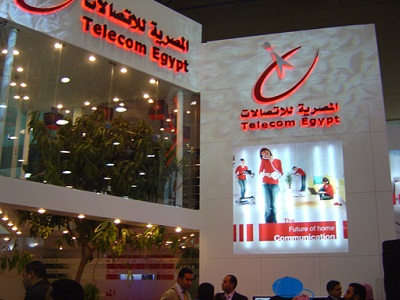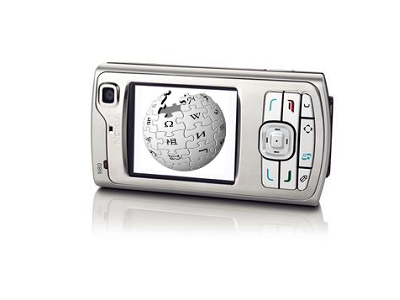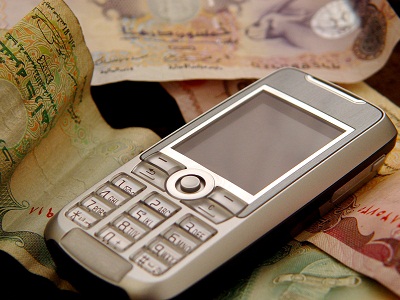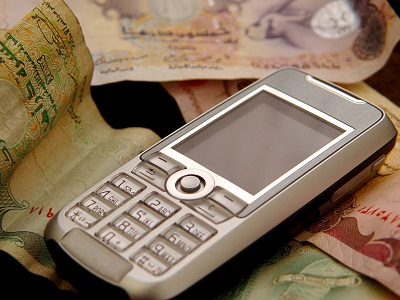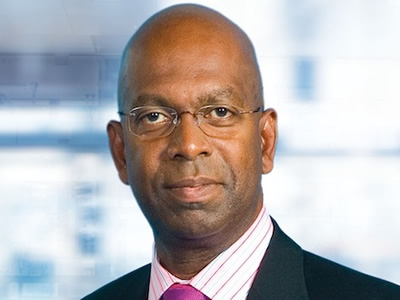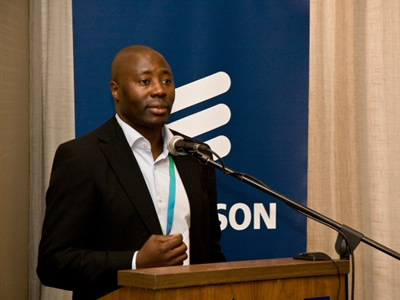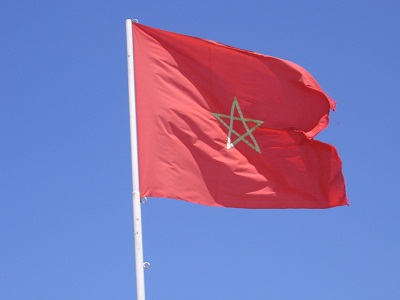Egyptian bank Credit Agricole Egypt launched has announced on Tuesday it had launched new banking that would allow both customers and non-customers to pay bills without a CAE debit or credit card. Analysts believe this is one step closer to full-on mobile banking in the country.

Analysts believe this is one step closer to full-on mobile banking in the country (image: stock.xchng)
The move is seen as a step toward making banking easier for customers in Egypt, long fraught with difficulties and red tape.
“It’s a wonderful endeavour that will hopefully push the country into the realm of great possibilities and personally, I am getting to use it already because I want to try it out and see if it will be successful,” securities and trade expert for CI Capital Mohamed Naguib said.
The move is in cooperation with Fawry and makes CAE the first such bank in the country to off the service to both customers and non-customers, which allows people to pay bills using cash or other bank cards.
“I see it as a move toward better technology within the banking sector and could be a jumping point for other IT related banking initiatives in the country,” added Naguib.
Customers can now pay at their leisure and has launched a new website to enable customers to do so online.
“Bill payment represents a more efficient, fast and reliable method of payment by allowing consumers to instantly pay their bills anytime at their convenience through Crédit Agricole Egypt’s nationwide network of ATMs,” the company said in a statement.
Currently, the new bill payment service is offered to all mobile subscribers, as well as Egypt Telecom, TE Data, Linkdotnet, Air Arabia, the Food Bank and CIL insurance payments, the statement said.
“Crédit Agricole Egypt is the first bank to offer the cardless ATM bill payment option. This new service does not require the possession of a CAE debit card. Thus, with our bill payment service, no one will have to worry about unpaid bills no matter where they are,” said Jean-Francois Drion, managing director, Crédit Agricole Egypt, in the same statement.
Desmond Shephard

